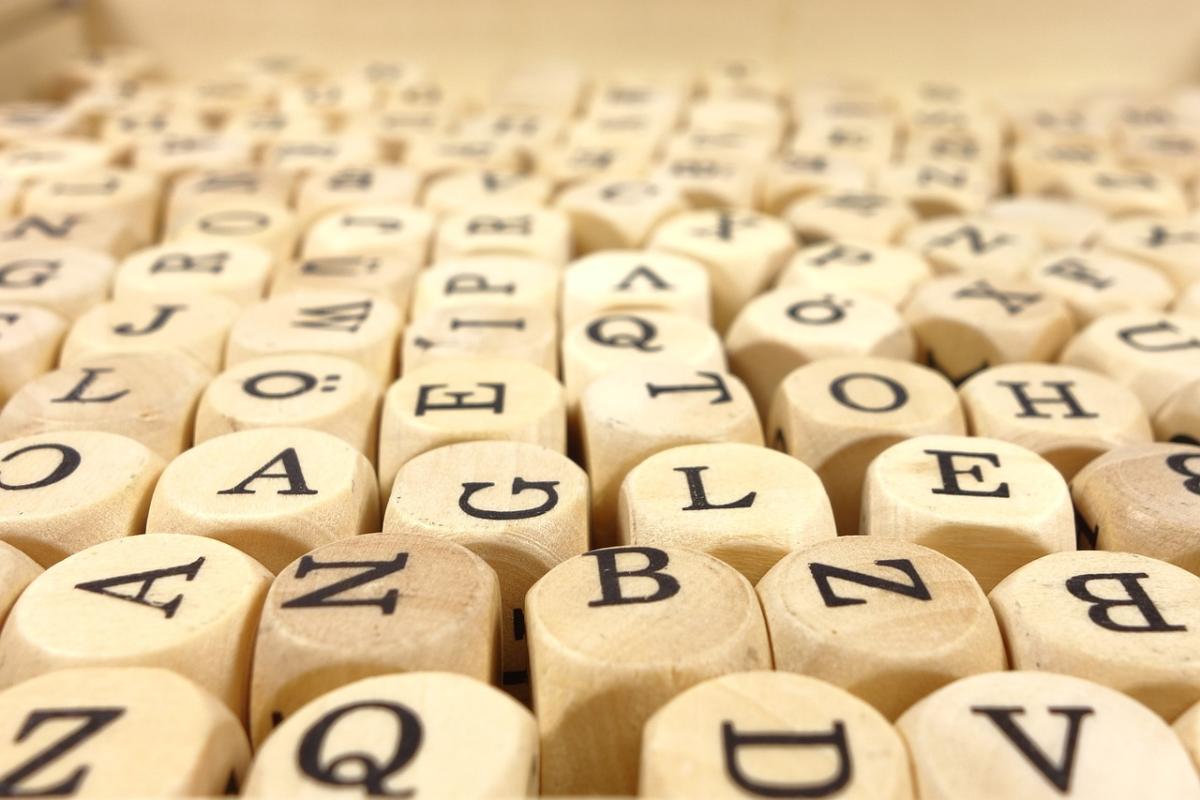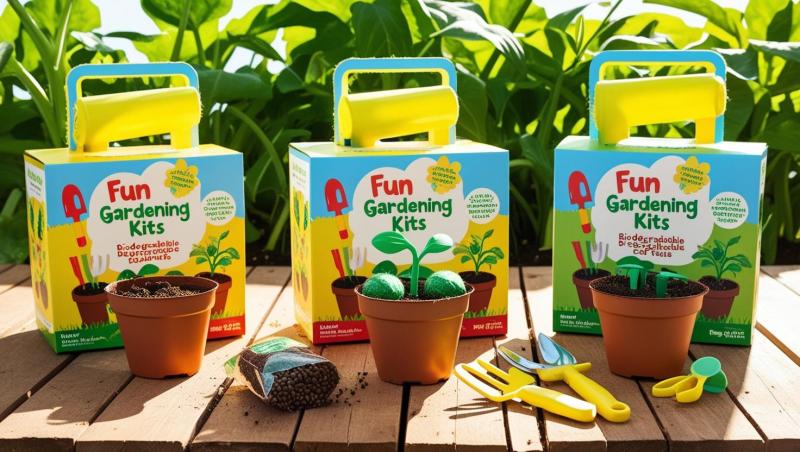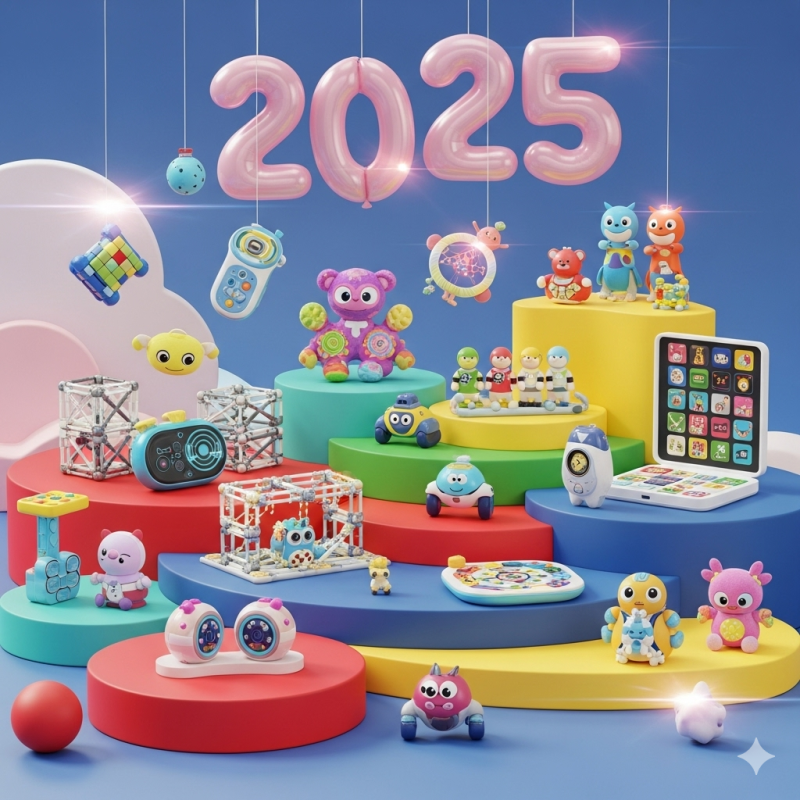Educational toys have long been recognized as powerful tools in fostering a child's development. These toys not only entertain but also challenge and engage children, helping them to learn and grow in various areas. By combining play and learning, educational toys provide a fun and interactive way for children to explore new concepts, enhance their cognitive skills, and develop important life skills.
One of the key benefits of educational toys is their ability to stimulate a child's imagination and creativity. Toys that encourage open-ended play, such as building blocks, art materials, or pretend play sets, allow children to think outside the box, problem-solve, and express their ideas. Such activities promote critical thinking, spatial awareness, and mental flexibility. By engaging in imaginative play, children learn to create their own narratives, develop empathy, and understand different perspectives.
Additionally, educational toys often target specific areas of learning, such as science, technology, engineering, arts, and mathematics (STEM/STEAM). These toys can introduce children to basic scientific concepts, promote logical thinking, and enhance their fine motor skills. For instance, construction sets or coding games not only teach children about structures or programming but also improve their ability to follow instructions, plan, and think methodically. By making learning enjoyable, educational toys inspire curiosity and a lifelong love for knowledge.
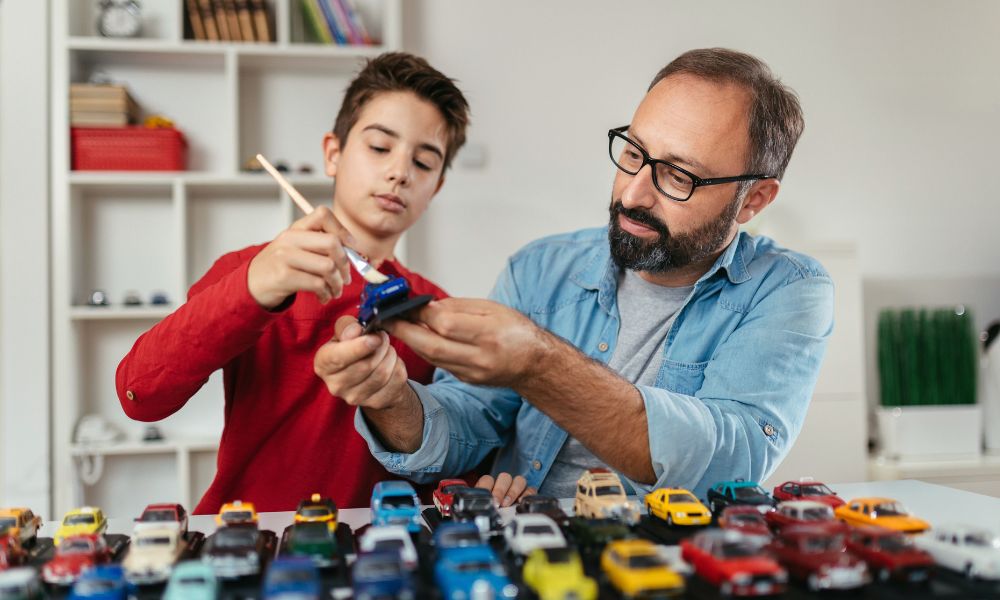
Unleashing Creativity: Exploring the Fun-Learning Connection
Educational toys have long been recognized as an important tool for children's growth and development. Not only do they provide entertainment, but they also offer a valuable opportunity for kids to learn and explore new concepts in a fun and engaging way. The connection between fun and learning is crucial in unlocking the unlimited possibilities that educational toys can offer.
One of the primary advantages of educational toys is that they allow children to unleash their creativity. Unlike traditional teaching methods, which often rely on textbooks and rigid curriculums, these toys encourage kids to think outside the box, experiment, and come up with innovative ideas. Whether it's building blocks, puzzles, or science kits, these toys enable children to explore their imaginations and express themselves freely, ultimately enhancing their problem-solving and critical-thinking skills.
Fostering a fun-learning balance with educational toys not only promotes creativity but also motivates children to actively participate in their own learning process. By integrating play with education, youngsters develop a positive attitude towards learning, making it an enjoyable experience rather than a chore. Research has shown that children retain information better when they are actively engaged and having fun. Therefore, educational toys serve as a powerful tool for educators and parents to spark children's curiosity and thirst for knowledge, making the learning process more effective and lasting.
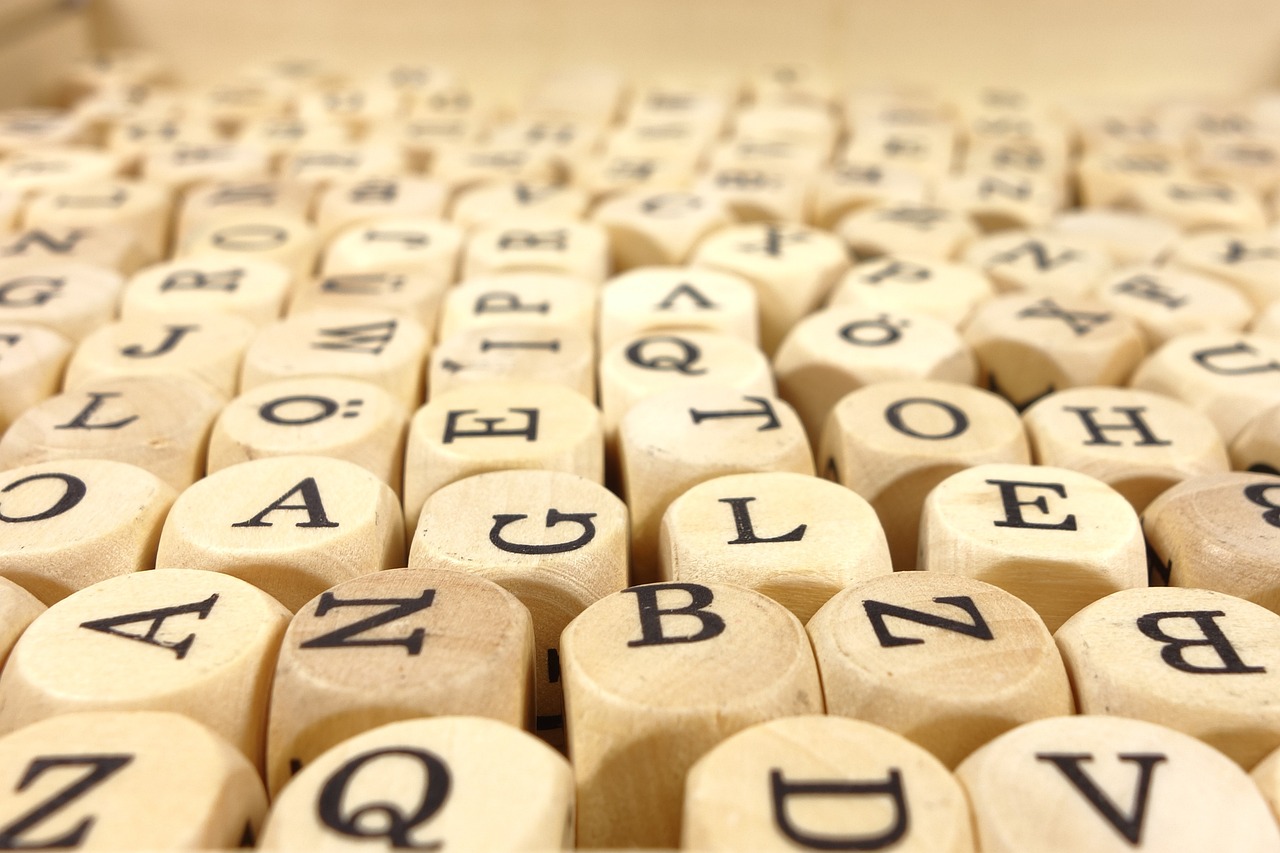
Unlocking Potential: Educational Toys that Foster Cognitive Growth
In today's fast-paced world, parents are constantly seeking ways to engage and educate their children. Educational toys provide a unique opportunity to combine fun and learning, fostering cognitive growth in young minds. These toys are specifically designed to stimulate various areas of development, such as problem-solving, critical thinking, creativity, and fine motor skills.
One example of such toys is building blocks. By allowing children to manipulate and construct different shapes, sizes, and structures, they enhance their spatial awareness, dexterity, and develop their problem-solving skills. Additionally, puzzle games challenge children to think strategically, analyze patterns, and solve complex problems, significantly improving their cognitive abilities.
STEM (science, technology, engineering, and mathematics) toys are another excellent option to promote cognitive growth. These toys introduce young learners to the basic principles of these disciplines through interactive and hands-on activities. Whether it's building a solar-powered car or conducting simple experiments, STEM toys not only nurture critical thinking but also foster curiosity and self-discovery in children.
Artistic toys, such as coloring books and craft kits, also play a vital role in cognitive development. By engaging in artistic activities, children exercise their imagination, refine their fine motor skills, and learn to think creatively. These toys allow children to express their ideas and emotions freely while developing essential cognitive and emotional skills simultaneously.
Finding the Perfect Balance: Nurturing Skills through Playtime
Playtime is often regarded as simply a source of entertainment and leisure for children, but it holds immense potential for nurturing skills and facilitating their overall development. Educational toys play a crucial role in striking the perfect balance between fun and learning, providing children with opportunities to explore, discover, and grow. By incorporating play-based experiences into children's daily routines, parents and educators can unlock a world of possibilities, fostering creativity, problem-solving abilities, and social interactions. Playtime allows children to explore their surroundings and engage in imaginative play, laying the foundation for cognitive development.
Educational toys, carefully designed with age-appropriate challenges, help stimulate critical thinking and problem-solving abilities. Whether it is a puzzle that requires logical reasoning or a construction set that challenges spatial intelligence, these toys encourage children to devise strategies, persevere through challenges, and embrace a growth mindset. Through play, children not only acquire academic knowledge but also develop important life skills such as resilience, persistence, and adaptability.
Social interactions are equally crucial during playtime, as they enable children to develop essential social and emotional skills. Children engage in cooperative play, sharing toys and taking turns, learning empathy and teamwork. Educational toys that promote group activities, like board games or pretend playsets, create opportunities for children to communicate, negotiate, and resolve conflicts, building their communication and conflict resolution skills. Additionally, collaborative play fosters a sense of belonging and community, shaping children's social identities and helping them become compassionate and inclusive individuals.platform to nurture various skills through playtime. By providing children with opportunities to expand their cognitive abilities, develop problem-solving strategies, and engage in social interactions, these toys become powerful tools for unlocking their true potential. Parents and educators play a crucial role in identifying toys that cater to different areas of development and creating an environment that fosters the perfect balance between fun and learning.
